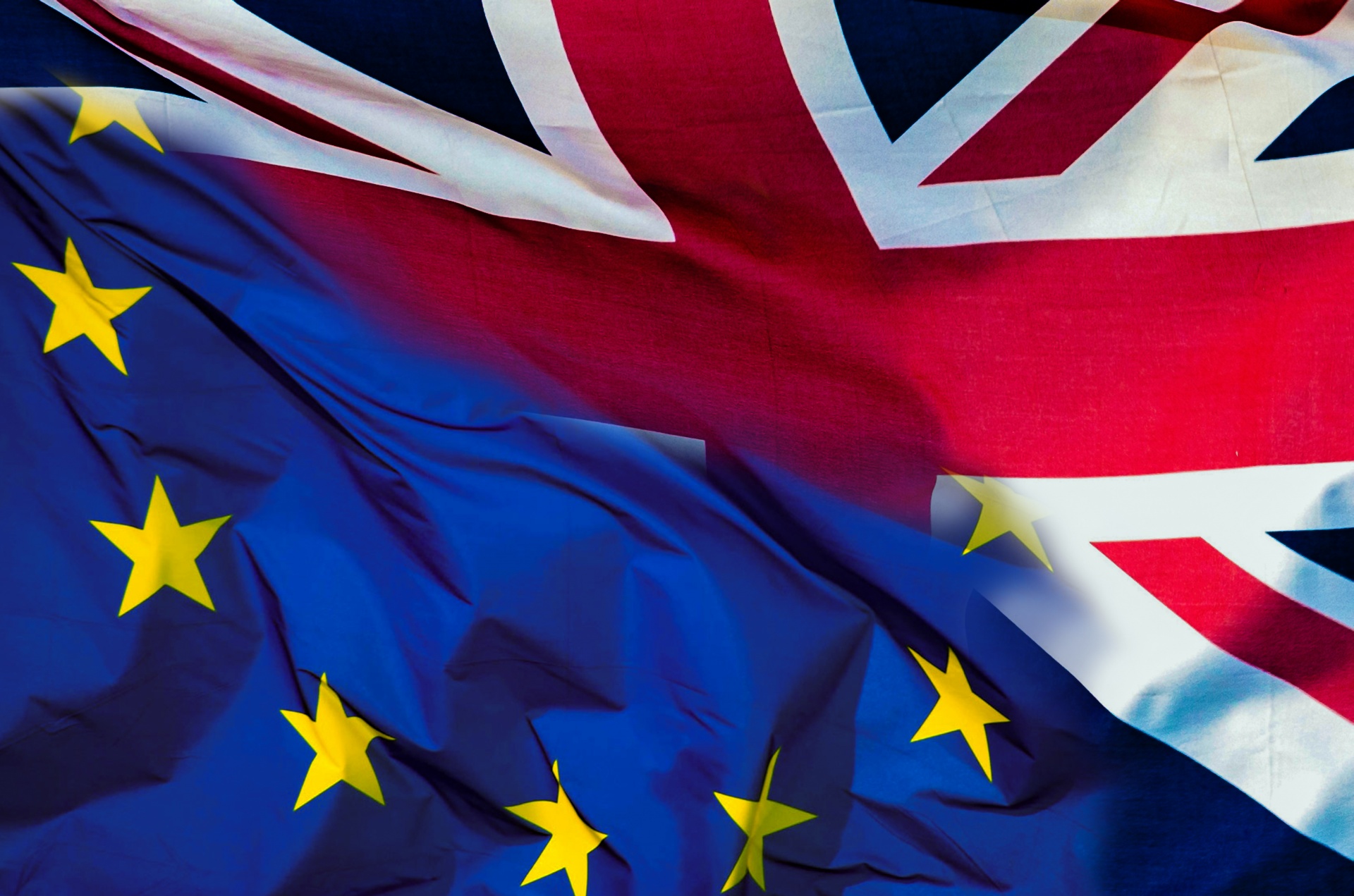Home - United Kingdom
Connecting you with the Netherlands
Karel van Oosterom
Dutch ambassador in London
Karel van Oosterom has been ambassador of the Kingdom of the Netherlands to the United Kingdom of Great Britain and Northern Ireland since 2020.
More information about the ambassador
Visa, passports and certificates
Netherlandsworldwide.nl has information on consular services such as applying for a Dutch passport or ID card, a visa or a certificate of residence. You will also find information about the Non-Residents Records Database (RNI) and voting from abroad.







